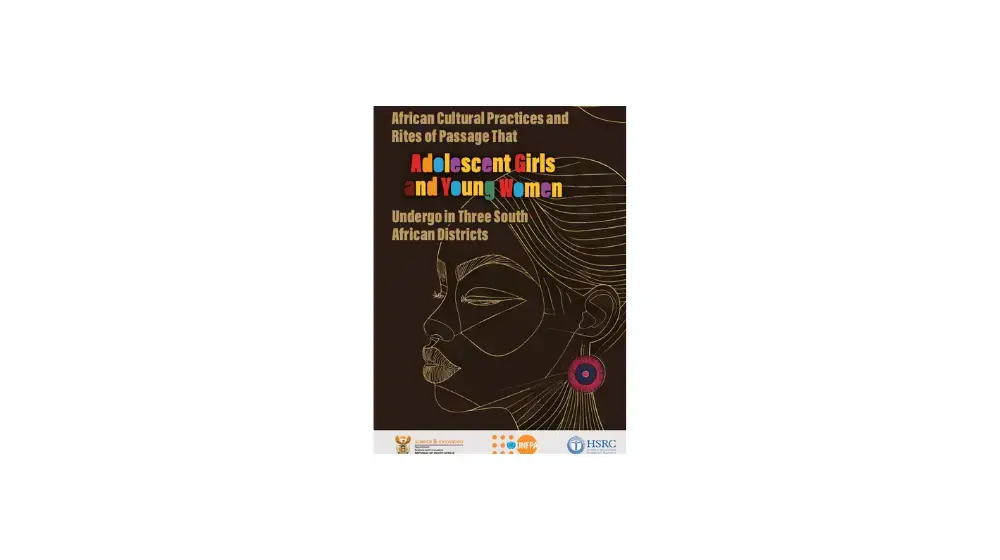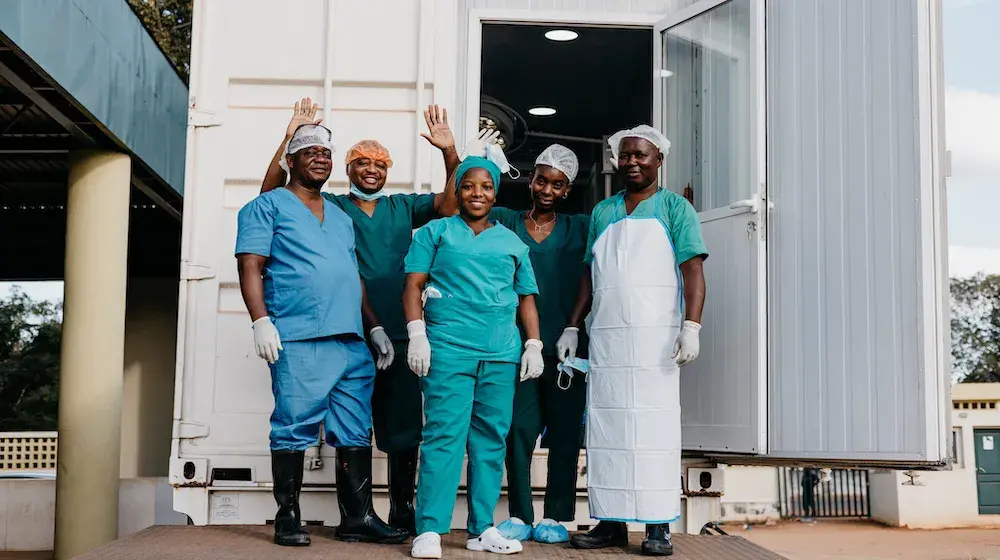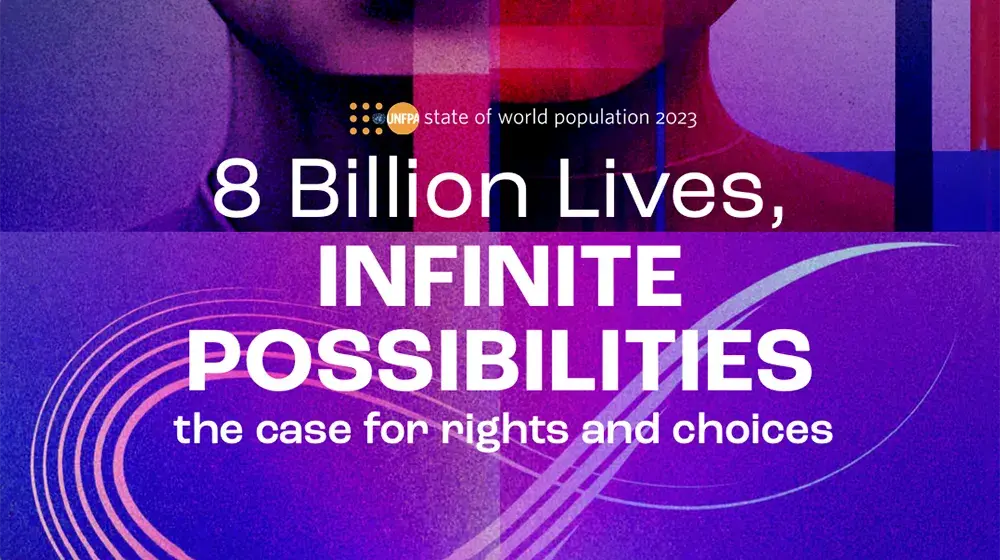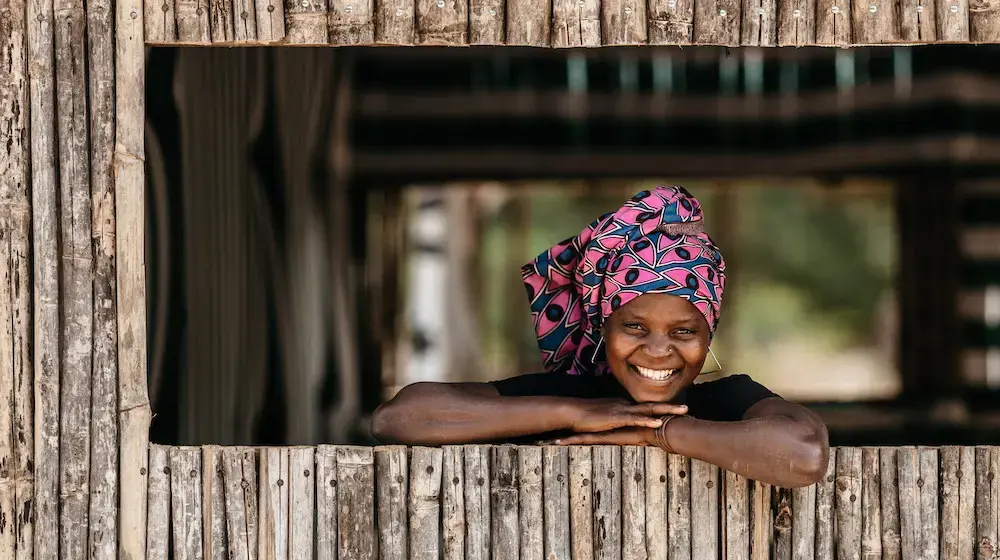Cultural practices and rites of passage exist amongst many social groups worldwide and take various forms and meanings depending on the context. In many African societies, for instance, specific rites of passage celebrate puberty and aim to integrate young boys and girls into manhood and womanhood. Often, these are passed down over many generations and considered beneficial within practicing communities.
However, international organizations have also raised particular concerns about some practices, particularly regarding their contravention of the human rights of adolescent girls and young women (AGYW). In some cultures, early and forced marriages (also known as uKuthwala in South Africa), virginity testing, and female genital mutilation (FGM) have been highlighted as detrimental to young women’s physical, social, emotional and psychological well-being.
According to the United Nations (UN), these practices are collectively called ‘harmful practices’ (UN, 2021). UN agencies have called on states to support the intense global drive towards gender equality and empowerment of women and girls. In striving to achieve gender equality by 2030, the United Nations Sustainable
Development Goal (SDG) 5 (Target 5.3) specifically calls for the elimination of ‘all harmful practices, such as child, early and forced marriage and female genital mutilation’ (United Nations Development Programme, 2015). Inattention to harmful cultural practices that violate the rights of adolescent girls and young women, including child marriages, could jeopardize a country’s efforts to achieve gender equality by 2030.





